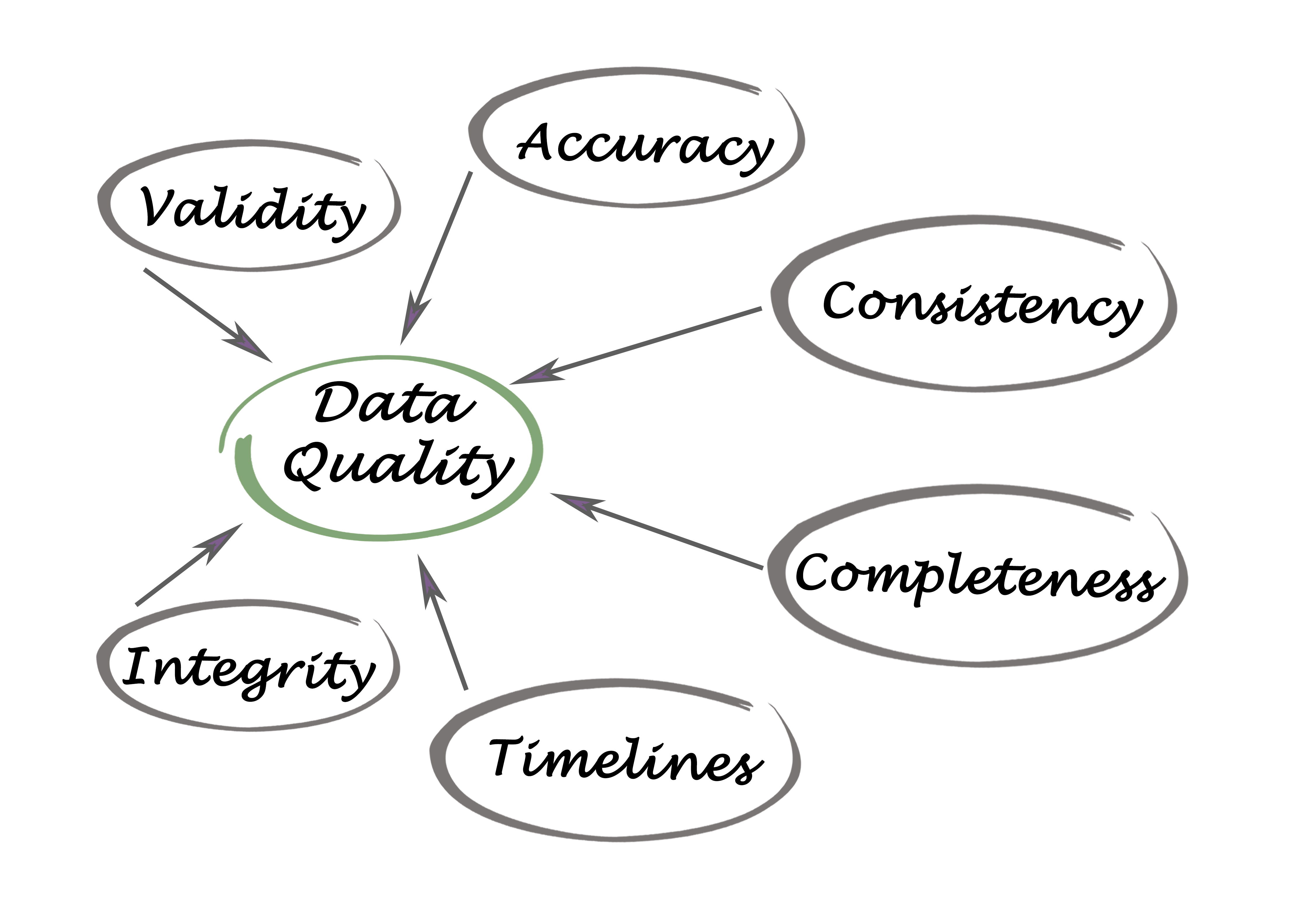Buying Good Quality Legal Data

In today's data-driven business world, having access to accurate, up-to-date information is crucial for effective decision-making and targeted marketing. For businesses in industries that target the legal sector, purchasing quality data about solicitors can help unlock new opportunities. However, not all data is created equal, and choosing the right data source requires careful consideration. Here's a guide on how to buy high-quality solicitor data.
1. Define Your Data Needs
Before purchasing solicitor data, clearly define your requirements. Consider the following: Geographic Scope: Are you looking for solicitors in a specific city, region, or country? Practice Areas: Do you need data on solicitors specializing in areas like family law, corporate law, or criminal law? Data Fields: Identify the specific details you need around how you would like to contact the solicitors. Content such as names, email addresses, phone numbers, firm names or practice areas Purpose: Whether for marketing campaigns, partnerships, or analysis, understanding your goal will help determine the type of data you need.
2. Find Reputable Data Providers
Not all data providers offer reliable or ethical data, and some will fail to provide you data within your chosen specifications. Here's how to identify reputable sources: Verify Compliance: Ensure the provider adheres to data protection laws such as GDPR. Industry Expertise: Choose providers with a strong track record of offering legal professional data. Sample Data: Request a sample to evaluate the quality and relevance of the data.
3. Ensure Data Accuracy and Freshness
Solicitor data can quickly become outdated as professionals change firms, update contact details, or switch practice areas. When evaluating data providers: Ask About Update Frequency: High-quality providers update their databases regularly. Data Verification Process: Reputable providers should have systems to verify and validate data accuracy. Cross-Check Data: Compare sample data with public sources, such as law firm websites or professional directories, to confirm accuracy.
4. Evaluate Data Compliance
Using data that violates privacy laws can result in hefty fines and reputational damage. Ensure the data you purchase is: Legally Sourced: Confirm that the provider collects data from publicly available data, professional directories, or with explicit consent. GDPR Compliant: The data should align with relevant GDPR regulations.
5. Compare Pricing and Scalability Cost is an important factor when purchasing solicitor data, but it shouldn't come at the expense of quality. Consider: Cost Per Record: Some providers charge based on the number of records, while others offer subscription models. Scalability: Ensure the provider can accommodate your future needs as your business grows. ROI Potential: High-quality data often costs more but delivers better results in terms of lead conversion and business opportunities.
6. Seek Customization Options Generic databases may not meet your specific requirements. Look for providers who offer: Custom Data Sets: Tailored data sets focused on your target demographics. Segmentation Options: The ability to filter data by location, specialization, firm size, or other criteria.
7. Monitor and Evaluate Data Performance After purchasing the data, continuously monitor its performance to ensure it meets your expectations: Track Results: Analyse how well the data supports your campaigns or business goals. Request Updates: If your campaigns run for an extended period, consider purchasing updated data to maintain accuracy.

Conclusion
Buying good-quality solicitor data is a valuable investment that can drive targeted marketing, strategic partnerships, and business growth. By carefully defining your requirements, choosing a reputable provider, ensuring data accuracy and compliance, and evaluating performance, you can maximize the value of your purchase. Remember, quality trumps quantity when it comes to data, so prioritize ethical and accurate sourcing to achieve the best results.